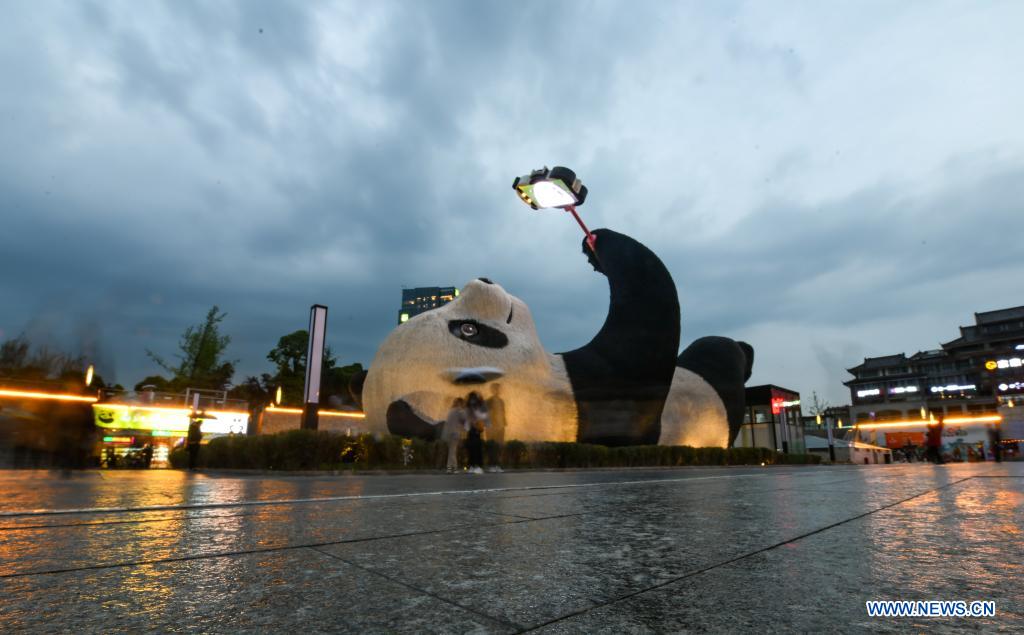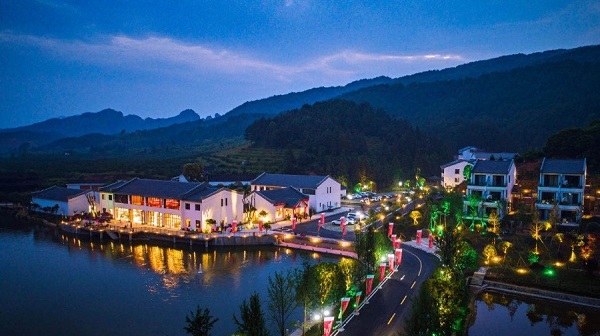BCI removes statement on Xinjiang cotton from its website
The Better Cotton Initiative (BCI) announced last year that it was ceasing all operations in northwest China's Xinjiang Uygur Autonomous Region amid accusations of "forced labor" there.
The statement has disappeared from its website as backlash grows in China against the organization and its members' attempts to boycott Xinjiang cotton.
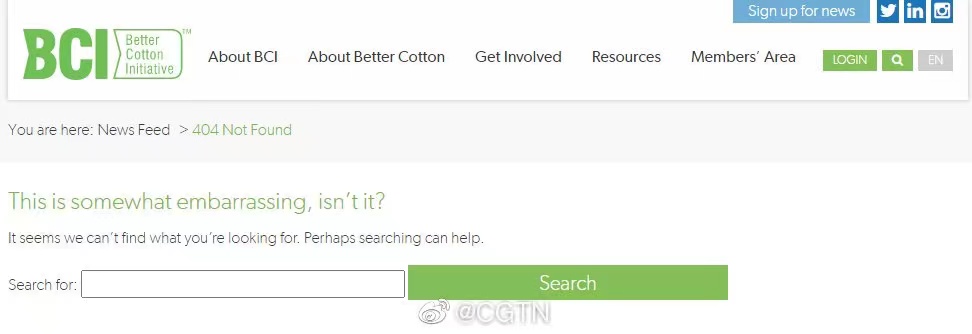
The screenshot of BCI statement on Xinjiang cotton released in October 2020 has been removed from its website.
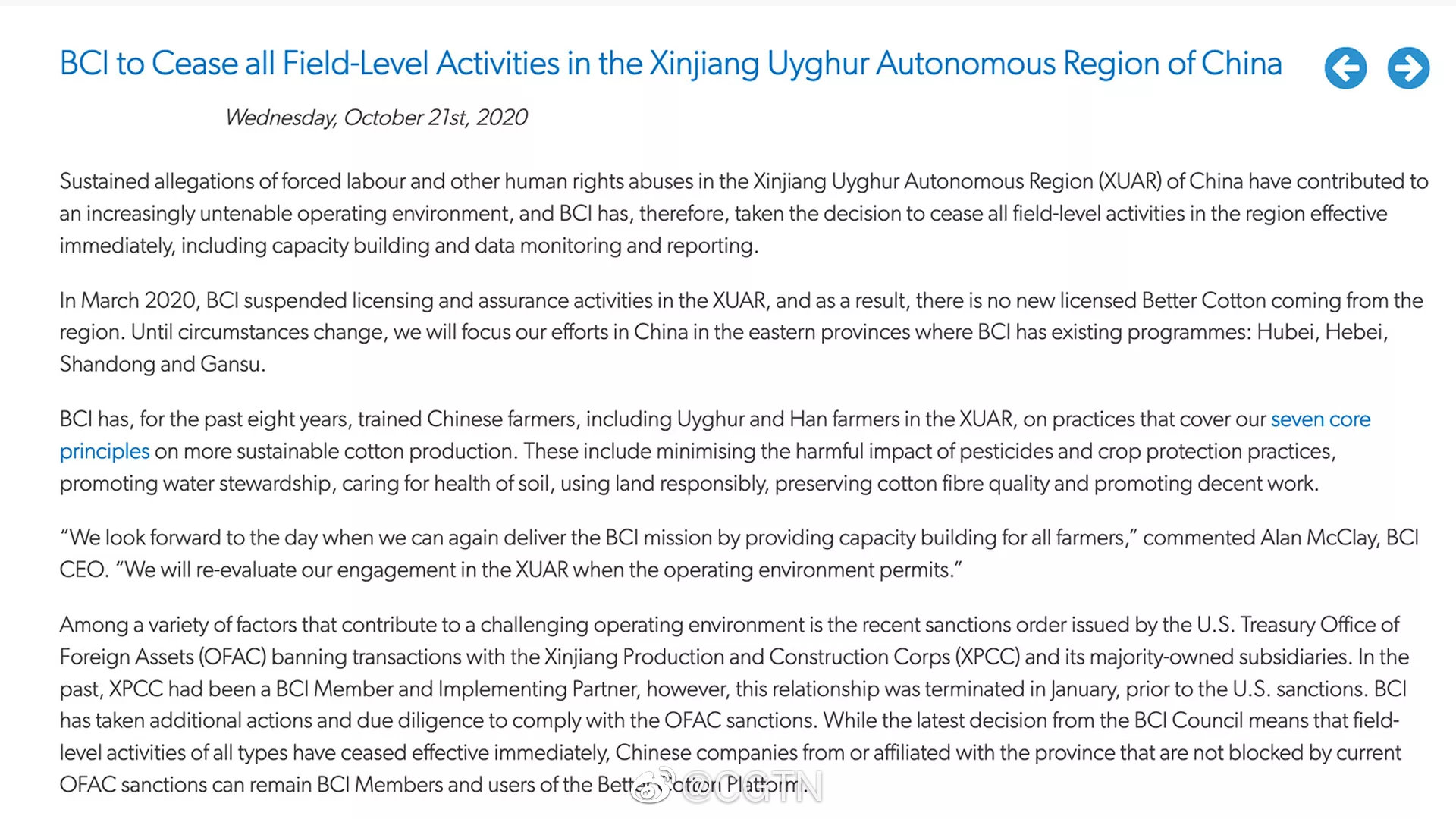
The screenshot of BCI statement on Xinjiang cotton released in October 2020 has been removed from its website.
BCI Shanghai office said it didn't find any case of "forced labor" in Xinjiang in a statement released on its WeChat account at the end of March.
"In response to overseas reports about 'forced labor' [in Xinjiang], our Shanghai office conducted a strict review of the projects in Xinjiang," Wu Yan, chief representative of the BCI Shanghai office said in an exclusive interview with China Central Television.
Wu said, "We submitted two investigation reports to the headquarters. We also compiled and submitted inspection reports made by third-party inspection agencies, such as the SGS, in the past several years."
The decision made by BCI to suspend licensing in Xinjiang will prevent nearly 500,000 tons of Xinjiang cotton from entering the global supply chain of cotton textile production, according to Wu.
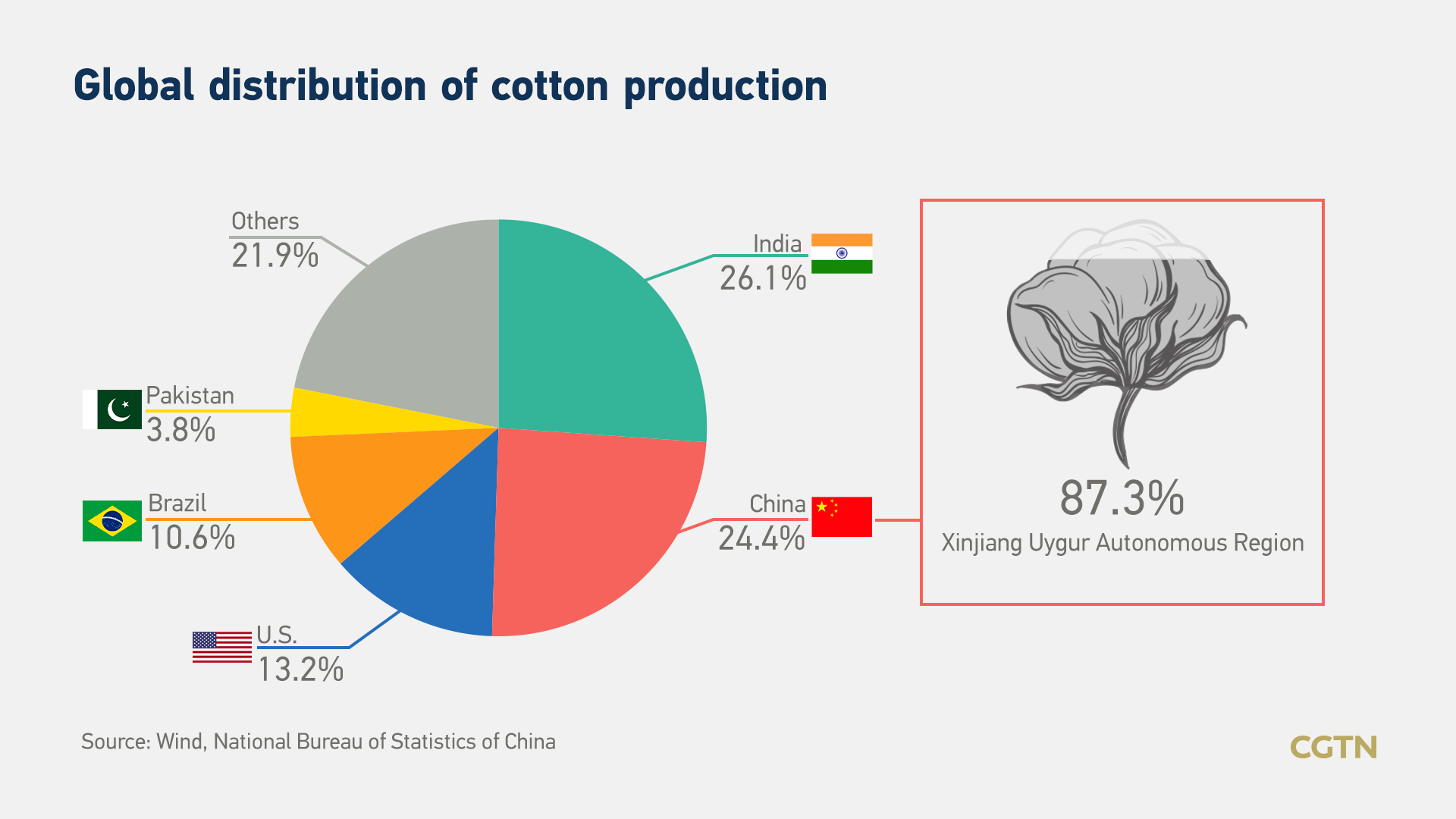
"Human rights organizations required the BCI to suspend licensing in Xinjiang and demanded BCI claim that any decisions made by it have nothing to do with these human rights organizations," Liu Haoran, project manager of the BCI Shanghai office, said in the interview.
Founded in Switzerland in 2009, BCI sets the global standard for cotton industries and certifies cotton farms worldwide. It has 2,100 members worldwide, including cotton farmers, textile businesses and retail brands.
Some multinational companies like H&M and Nike, members of the BCI, have been facing a backlash in China after they announced to suspend sourcing cotton from Xinjiang.
Chinese e-commerce platforms Taobao, JD.com, Pinduoduo, Suning.com, and Meituan's Dianping removed H&M from their platforms in March, and Chinese Android app stores removed H&M as well.
Photos
Related Stories
- Attempts of anti-China forces to damage Xinjiang doomed to fail: spokesperson
- Xinjiang court accepts lawsuit against Adrian Zenz
- Xinjiang launches its first tourist train in 2021
- China urges investigation into Xinjiang coal mine accident
- Xinjiang migrant workers debunk "forced labor" claims with personal experiences
Copyright © 2021 People's Daily Online. All Rights Reserved.








